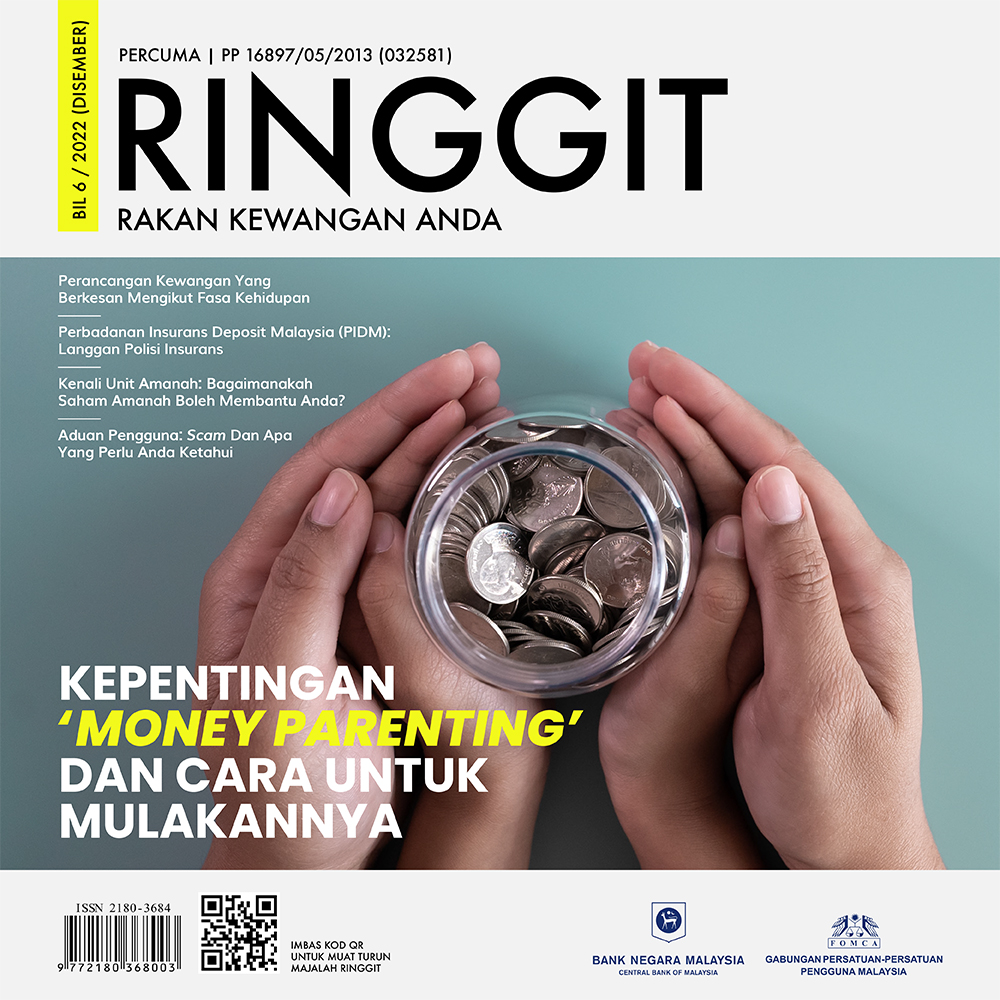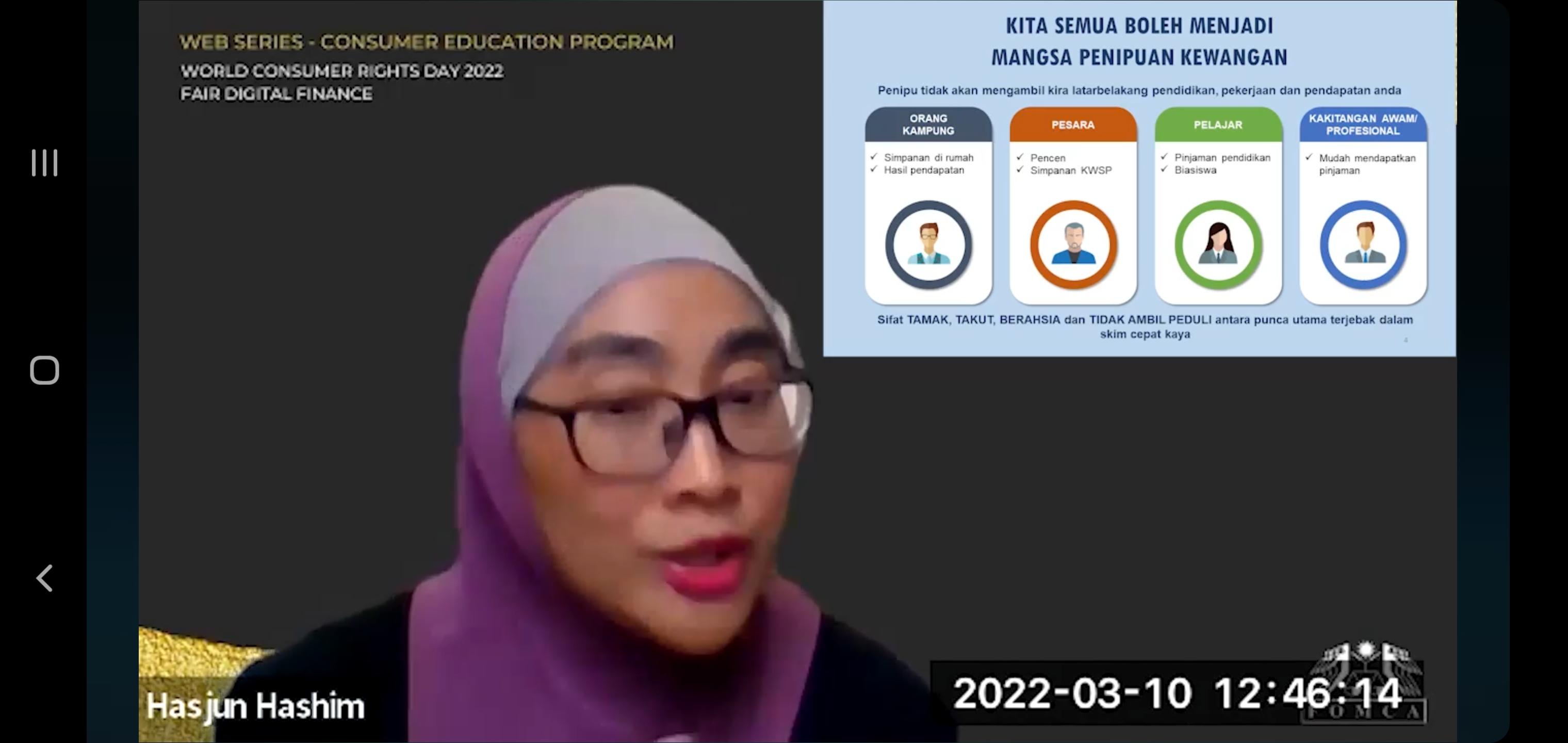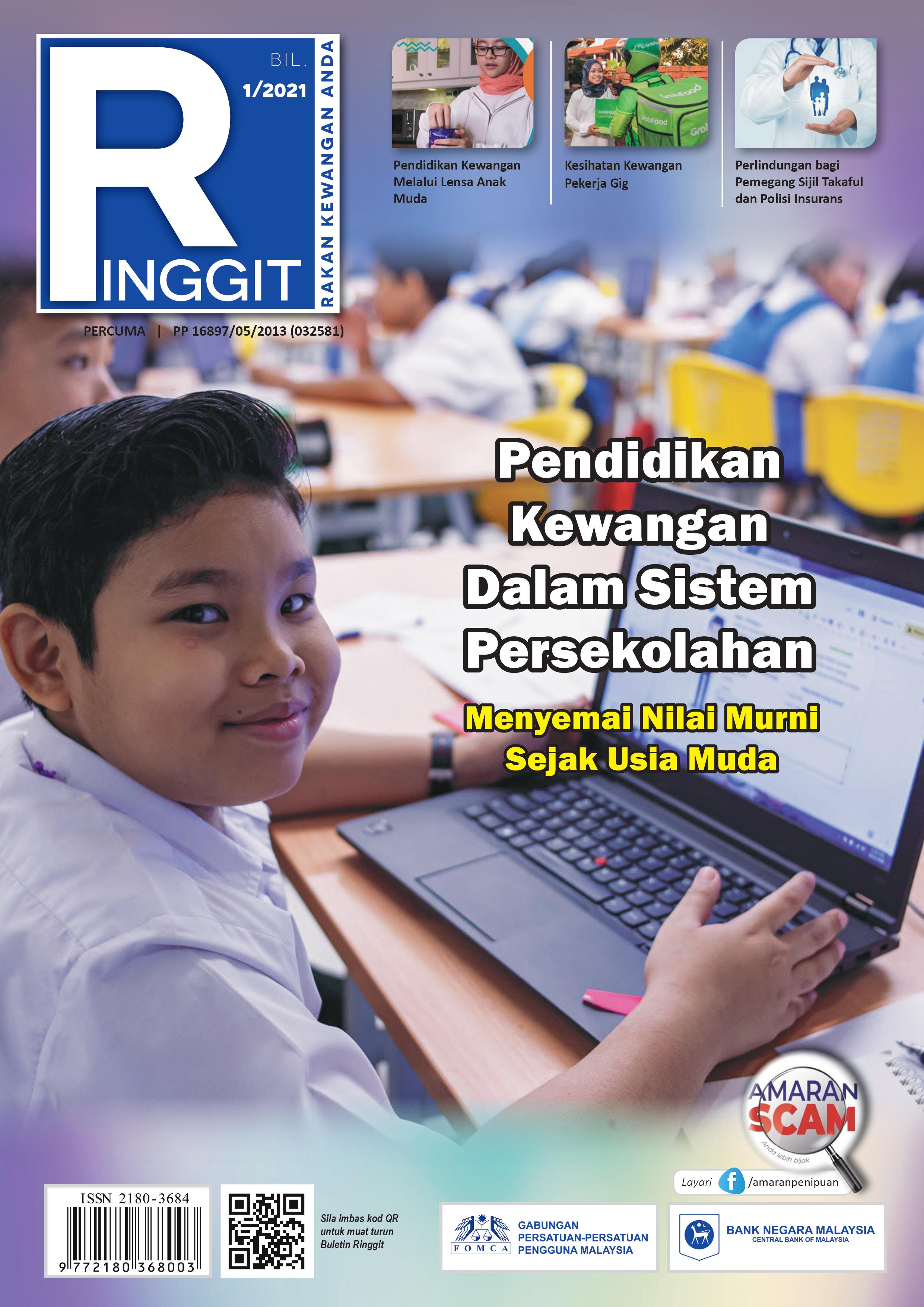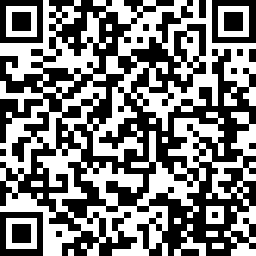ACCORDING to the 2015 National Health Morbidity Survey, 29% of the Malaysian population as a whole suffered from depression and anxiety disorder, and mental illness is expected to be the second biggest health issue affecting Malaysians after heart disease by 2020.The prevalence of mental health issues varies by state, with Kuala Lumpur recording 40% while Perak has the lowest incidence at 17%. Simply put, two out of five individuals in Kuala Lumpur would have some form of mental health concerns.My husband, Jack, and myself are those two individuals. He was diagnosed with depression in December 2017 and myself with anxiety in October 2018. We hope to share our journey to mental health recovery to encourage others and raise awareness on mental health.Mental health is just like physical health; there are times when we are sick and require treatment. However, mental health is still largely misunderstood; for example, mental illness is often associated with personal weakness and the patient is expected to snap out of it with sheer willpower.
And unlike physical conditions such as a headache or cold, mental illness is not easily recognised because the person may not even realise he or she is suffering from it. The enigma, coupled with the stigma surrounding mental illness, prevents many people from seeking treatment.According to the World Health Organisation, people who have gone through adverse life events (unemployment, bereavement or psychological trauma, for example) are more likely to develop depression, and that there are interrelationships between depression and physical health. For example, cardiovascular disease can lead to depression and vice versa.For Jack, it started off rather unassumingly on Dec 16, 2017 when he woke up in the middle of the night with a ringing sound in the right ear (a medical condition called tinnitus) and couldn’t sleep thereafter. Our logical mind blamed it on the coffee he had in the afternoon and we thought that there was nothing to be alarmed of.However, the persistent ringing sound and sleepless nights slowly triggered a sense of panic and led him on a doctor shopping spree. In the span of two weeks, Jack had visited the ear, nose and throat (ENT) doctor, optometrist, general practitioners, traditional Chinese medicine practitioner and acupuncturist, went for magnetic resonance imaging (MRI), and purchased various over-the-counter supplements.
He constantly had a feeling that there was something wrong with him, ranging from blurry vision to gastrointestinal issues and shortness of breath to abnormal heartbeat. While it appears that his health had taken a dive, other than his hearing loss at a certain frequency (which could have caused the tinnitus), none of the medical tests indicated any abnormalities. Ruling out all possible physical illnesses, Jack was diagnosed with major depressive disorder.
Truth be told, due to the host of symptoms, we did not know where to start. The issues appear to be inter-related with insomnia and depression, possibly caused by tinnitus, feeding off each other in a vicious cycle. It was like a battle with an unknown enemy. Determined to win the war, we sought professional psychiatric advice and diligently scoured the Internet for self-help treatments.Unfazed by the ENT doctor’s advice that there is no cure for tinnitus and ginkgo biloba prescription to help cope with the symptom, Jack tried acoustic neuromodulation, which we discovered online.Other times, he tried masking the sound. Some days it helped, on others it didn’t. During this time, Jack got to know that many people around him (including yours truly) also had tinnitus and were not affected by it, which provided some level of comfort to him.
We found that psychiatrists, unlike general practitioners, are not available 24/7. As their schedules are usually full, we had to wait a few weeks for our turn. We consulted both private and government psychiatrists. They introduced the concept of sleep hygiene and strongly advocated exercise to battle insomnia.We dutifully followed their advice but, alas, saw little improvements to Jack’s sleep. He could fall asleep rather easily but had trouble staying asleep. This prompted one psychiatrist to prescribe medications, which we didn’t agree with due to the potential side effects.
Again, we turned to the Internet. We found out that there are many possible causes of insomnia, one of which could be sleep apnea where a person’s breathing is interrupted during sleep. And so we recorded Jack’s sleep. This was one of the many silly attempts we did in our desperation to resolve his insomnia, but again it didn’t bear fruit as it did not look like he had sleep apnea. We then made arrangements to consult a sleep clinic to obtain proper assessment, but it didn’t pan out in the end.
Then we chanced upon a cognitive behavioural therapy for insomnia (CBT-i) while scouring the Internet. We initially had concerns with the sleep restriction technique, which seemed to be counterproductive as Jack was already not getting sufficient sleep.
The crux of the programme is to control his time in bed (i.e. sleep window) based upon his ability to sleep. At our wit’s end, we decided to give it a try and started by limiting his sleep window to five hours from 1am to 6am. If he was able to sleep for fours hours every night, he may increase his sleep window by 10 minutes the next week and so on. During the day, Jack was not allowed to take any naps to make up for the loss of sleep. It was an extremely challenging programme but it was effective.
During the course of the CBT-i programme, we continued with the practice of sleep hygiene (i.e. limit time in the bedroom for sleep only, avoid looking at the TV, laptop or mobile screen time before going to sleep, and etc.) and daily exercise.
We attended a local church and were blessed with much-needed prayers and support. In our weakness, we found strength in God. As the primary care giver, I took a sabbatical from work to journey with him during these trying times.
I observed Jack’s natural positive outlook being severely impacted by the situation and, at times, insensitive remarks by others. I learnt to listen to him and be patient with him. I learnt to dispel false, negative beliefs and affirm his self-worth and potential despite my own insecurities. I learnt to love fiercely and fearlessly.
Jack’s recovery took about four months and he has since returned to his cheerful self. He has learnt to cope with the tinnitus and while he can still hear a ringing sound, albeit at a lower decibel, it doesn’t bother him anymore. He no longer has insomnia and can sleep soundly throughout the night. Most importantly, he is able to resume his favourite pastime – taking naps during the day.
In recent times, we have come to know of others who are going through similar issues. We urge those who are suffering to seek help and prioritise their well-being. If you think someone you know may be experiencing depression, be there for them and encourage treatment. Please contact us at This email address is being protected from spambots. You need JavaScript enabled to view it. if you would like to know more about our journey.
ROXANNE
Kuala Lumpur
Read more at https://www.thestar.com.my/opinion/letters/2019/06/17/light-at-end-of-mental-illness-tunnel/#hYZLE1csdKAMQwRC.99








